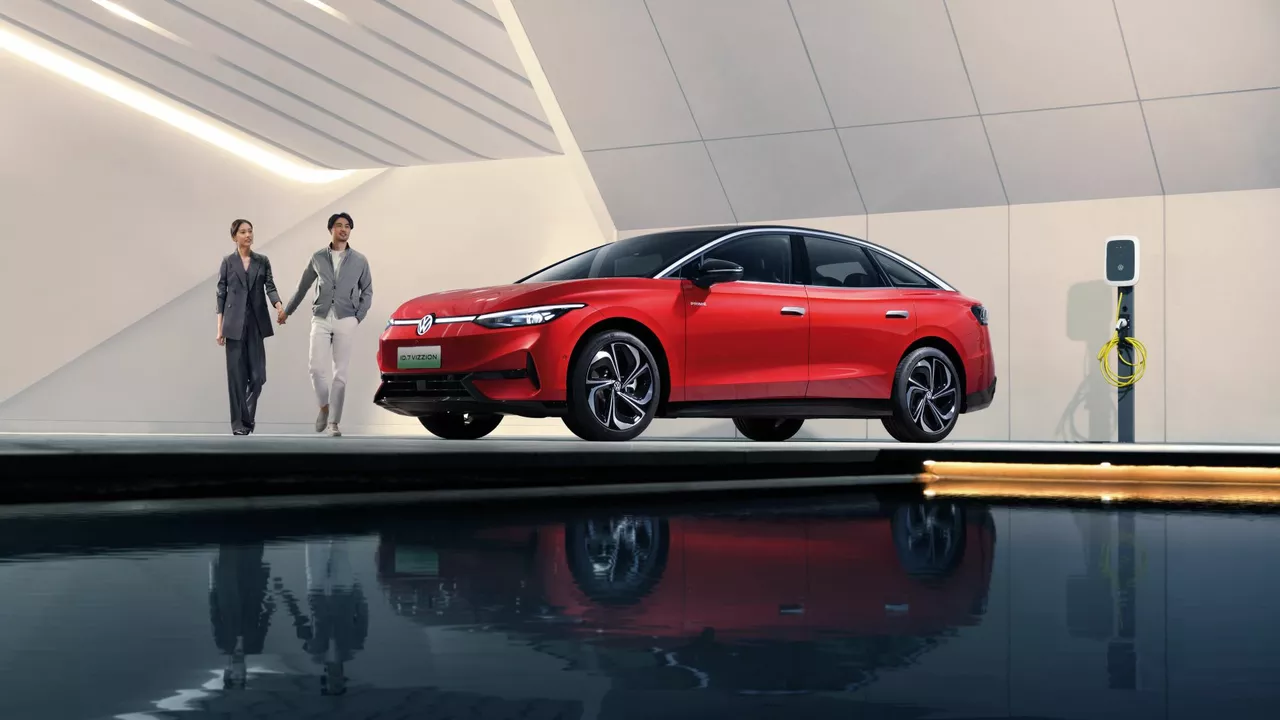How Many Car Brands Does Volkswagen Own? All 12 Explained
Ever wondered how many different car names sit under the Volkswagen umbrella? You’re not alone. Most car fans think of VW as just a single brand, but the group actually runs a whole lineup of manufacturers. Let’s break it down in plain language so you can see exactly what’s in the mix.
The Full Line‑up
First off, the Volkswagen Group owns twelve distinct car brands. Here’s the quick list:
- Volkswagen – the core brand you know from the Golf and Passat.
- Audi – the premium badge that focuses on tech and performance.
- SEAT – a Spanish brand that offers sporty yet affordable models.
- ŠKODA – a Czech label known for space‑saving design and value.
- Bentley – the ultra‑luxury British manufacturer.
- Bugatti – a French name that builds hyper‑fast hypercars.
- Lamborghini – the Italian icon famous for outrageous styling and power.
- Porsche – the German sports car legend, now also making electric models.
- Ducati – a famous motorcycle maker from Italy.
- Volkswagen Commercial Vehicles – trucks, vans and work‑site rigs.
- Scania – heavy‑duty trucks and buses, based in Sweden.
- MAN – another big player in trucks and buses, from Germany.
That’s the whole family in one glance. Some of these brands feel worlds apart – think Bugatti versus a VW Golf – but they all share the same parent company.
Why Volkswagen Owns So Many Brands
You might ask, why keep such a spread? The answer is pretty simple: market coverage. Each brand targets a different customer group or vehicle class. Volkswagen itself handles the mass market, while Audi goes after premium buyers. SEAT and ŠKODA deliver value‑oriented options in Europe. Then you have the exotic side – Bentley, Bugatti, Lamborghini and Porsche – aimed at enthusiasts with deep pockets.
On the commercial side, the group needs trucks, buses and utility vehicles, so it runs Volkswagen Commercial Vehicles, Scania and MAN. Those three cover everything from city delivery vans to long‑haul trucks. Adding Ducati expands the group into two‑wheelers, capturing another slice of the enthusiast market.
Having all these brands under one roof also means shared technology. Engine designs, safety systems and electric‑vehicle platforms can be spread across multiple marques, cutting costs and speeding up development. That’s why you’ll see a Porsche‑engineered electric drivetrain appearing in a future Audi model, for example.
From a consumer perspective, the brand variety gives you more choices. Want a practical family car? Grab a Volkswagen or ŠKODA. Craving a sporty hatchback? SEAT has a few. Dreaming of a supercar? Lamborghini or Bugatti are the names to chase. And if you need a work van, Volkswagen Commercial Vehicles has you covered.
So, the next time you see a VW logo on a billboard, remember it might be promoting a model that’s actually built by Audi, or even a sleek Lamborghini. The group’s strategy is all about filling every niche, from everyday commuting to the highest‑performance track day.
Keep this list handy if you ever get into a conversation about car brands. It’s a quick way to show you know the bigger picture behind the logos you see on the road.
How many car brands does volkswagen own?
As a car enthusiast, I've always been curious about how many car brands Volkswagen actually owns. After doing some research, I discovered that the Volkswagen Group currently owns a total of 12 car brands. These brands include Volkswagen, Audi, SEAT, ŠKODA, Bentley, Bugatti, Lamborghini, Porsche, Ducati, Volkswagen Commercial Vehicles, Scania, and MAN. It's fascinating to see how this automotive giant has expanded its portfolio over the years to cater to different markets and customer preferences. This just goes to show the impressive influence and reach the Volkswagen Group has within the global automotive industry.
